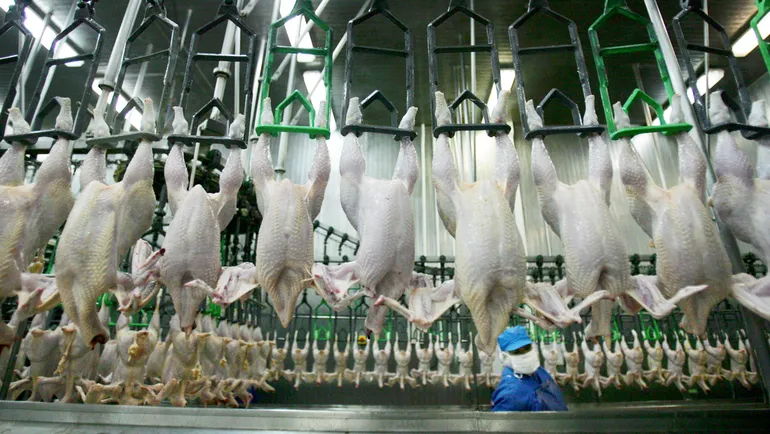The U.S. has restricted imports of poultry and egg products from Victoria, Australia, over bird flu concerns as the virus rears its head Down Under.
The ban, which took effect May 22, includes poultry, commercial birds, hatching eggs and ratites such as ostriches. Imports of unprocessed avian products and byproducts, plus certain fresh poultry products have also been restricted.
The limitations will continue “until further notice,” according to the Agriculture Department’s Animal and Plant Health Inspection Service. Processed avian products and byproducts from Victoria will need an import permit and/or government certification for entry.
The action comes days after Australia recorded its first human case of bird flu in a child who contracted the H5N1 virus from India in March and has since made a full recovery. The same week, different strains of bird flu, known as H7N3 and H7N9, were identified on two Victorian poultry farms.
The U.S. farm agency considers all other Australian states to be unaffected by highly pathogenic avian influenza and not subject to restriction. Animals such as pets and zoo birds may be imported with a permit and subject to a 30-day quarantine at animal centers in New York or Miami.
Despite growing cases among animals and humans, Australian and U.S. health officials have reiterated that the risk to the general public is low.
Very little Australian poultry is exported around the world, with most shipments going to Oceanic countries like Papua New Guinea and the Philippines, according to the Department of Primary Industries. The U.S. has imported mostly beef, goat and lamb products from Australia in the past year, according to USDA data.
As bird flu emerges in other parts of the world, the U.S. is expanding financial incentives to all dairy farmers that adopt biosecurity plans and enhance testing efforts to curb the recent outbreak among cattle.
Approximately 64 herds across nine states have identified the virus since late March, according to the USDA. Two farm workers, including one identified last week in Michigan, have recovered after contracting bird flu and exhibiting mild eye symptoms. Also, the U.S. and Europe are moving forward with plans to manufacture vaccines that could protect farm workers at greater risk of contracting the virus.



